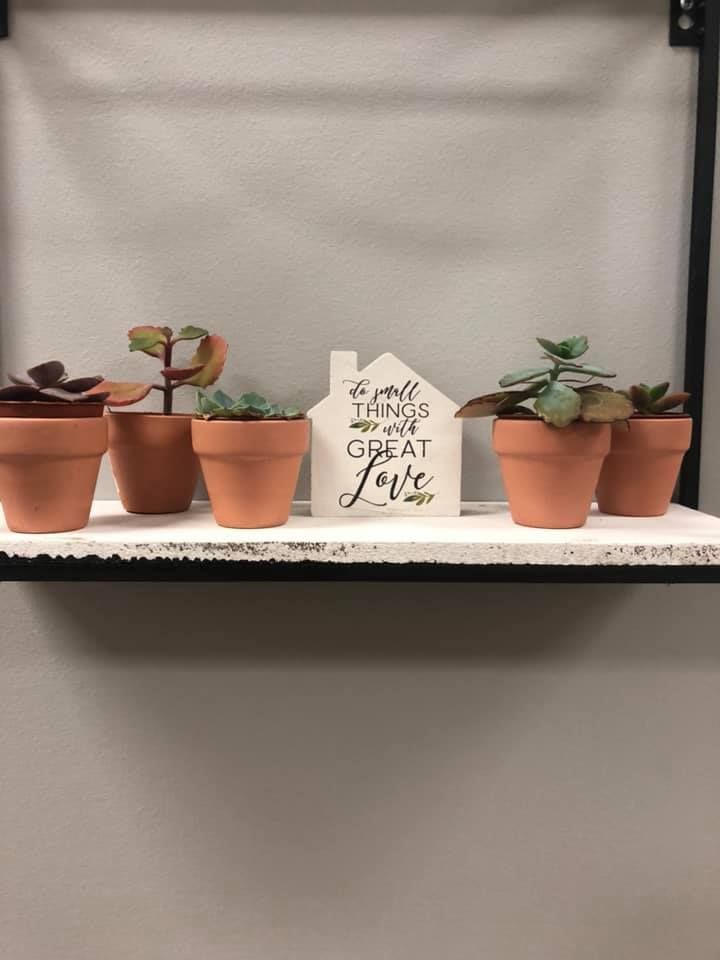Location:
8898 Old Lee Hwy
Suite 106
Ooltewah, TN 37363
Email: april@aprilrandlelaw.com
Phone: 423-521-8000
Fax: 423-521-8001
Estate Planning
Estate Planning FAQs
What happens if I die without a will in Tennessee?
In the eyes of the law, if you pass away without executing a will, you are said to die “intestate.” If you die intestate, your family must apply to the Court for oversight, and the laws of Tennessee will determine how and to whom your property is distributed. Unfortunately, these default rules may not be the way you intended. Creating a will ensures that you decide who gets your property after you pass away and who will oversee the administration of your estate.
I am not wealthy; do I really need a will?
Yes. Having a will is important no matter the level of your wealth or extent of your possessions. A will is a legal document that outlines how to handle your financial affairs after you pass away and also states to whom your property will go. It allows you to name an executor, the person responsible for acting on your behalf in finalizing your affairs, such as paying creditors, selling assets, and making sure property is distributed to those you name. More importantly, for those with minor children or children with special needs who are still dependent upon you, a will allows you to state your preference of a guardian who will take custody of your children and who will handle the money that you leave for their care. None of these things are associated with wealth or affluence, but all are very important.
What is a will versus a living will in Tennessee?
A will is a document that outlines your wishes regarding custody of your minor children and allows you to name an individual to handle your financial affairs, such as paying creditors, selling certain property and/or distributing assets to beneficiaries that you name. A will only has legal effect after your death. A living will, sometimes referred to as an advance care directive or health care directive, is a document that outlines your end-of-life decisions. It becomes effective when you are living but no longer able to communicate your healthcare choices. A living will may include whether you want to receive artificial means for prolonging your life, such as the use of a feeding tube or ventilator. It allows you to express whether you want to remain on life support devices if you are in a permanent, vegetative state or coma. Both documents are important aspects of an estate plan.
Do I need an attorney to draft my will?
Legally, no, it is not required that an attorney draft your will; however, it is highly recommended. All states have certain formalities that must be met before your will is effective. If you don't obtain the assistance of an attorney, you run the risk of not following the proper procedure. If your will is found ineffective, state law will be used to determine your property distribution which may not be how you wanted to leave your belongings. Consulting with an attorney with knowledge in estate planning is the best way to ensure that your property is passed down the way you intended. Unfortunately, there are times when one simple word can invalidate that intent.

I definitely recommend Mrs. Randle for your needs requiring an attorney.
-Tasha L.
MashIt
Extremely kind, straight forward and helpful. Looking forward to working with her and her law firm.
-Rebekah C.
FabuFit
Friendly, confidential, personalized service, and exceptional rates make April's firm an excellent choice for your legal needs 10/10!
-D. W.
YesSuits-

Awesome people to work with! Go above and beyond. Very responsive and very efficient.
- Chris
Button 
April and her staff are wonderful. When we needed some help with our business and understanding the laws in regards to business she was amazing and helped us so much!
-Marcie
Button-

April is too real to be a lawyer.
-Danny
Button 

Slide title
 Button
Button Button
Button Button
Button
Communications Preferences
If you are new to our office, please use our initial contact email link to schedule an appointment or request information.
Active Clients - Feel free to use the Client Portal for secure texting, messaging, appointment requests and document or information upload/review. You may also contact us by email.
In Person Office Visits - By Appointment Only
8898 Old Lee Hwy
Suite 106
Ooltewah, TN 37363
Law Office of April Randle, PLLC. All Rights Reserved.








